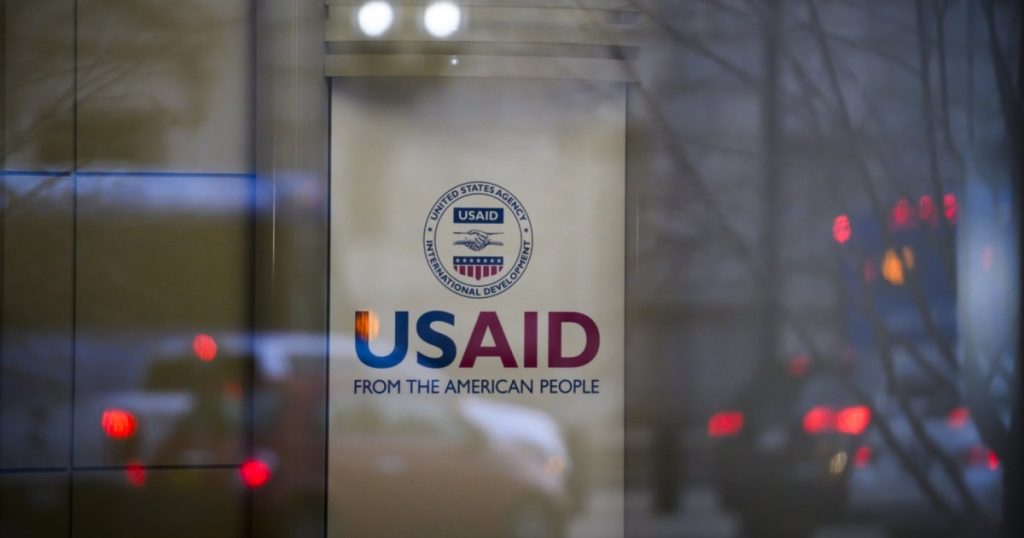The current political landscape in the United States is marked by heightened tensions, legal battles, and unprecedented actions by the administration, which are raising significant concerns about the balance of power and the future of governance. Recent developments highlight the ongoing struggle between the executive branch, the judiciary, and Congress, as well as the increasingly divisive nature of political discourse in the country.
One of the most notable events is the denial of entry to House Democrats into the Department of Education building. This incident underscores the growing animosity between the legislative and executive branches, as Democrats continue to challenge the administration’s policies and actions. The Department of Education, in particular, has been a focal point of controversy, with debates over funding, policy changes, and the role of federal agencies in education. This denial of access could signal a broader effort to limit congressional oversight, which is a critical component of the system of checks and balances in the U.S. government.
In addition to the standoff at the Department of Education, the administration’s efforts to slash federal spending have been met with resistance from the judiciary. Judges have blocked attempts by Elon Musk and his organization, DOGE, to access personal data at the Treasury Department, raising questions about the boundaries of executive authority and the protection of individual privacy. These actions are part of a larger pattern of legal challenges to the administration’s initiatives, which are often characterized by a willingness to push the limits of presidential power. The involvement of figures like Elon Musk, who has been a polarizing figure in both business and politics, adds another layer of complexity to these developments.
The judiciary has also intervened in other high-profile cases, including a temporary block on the administration’s federal employee buyout program and a pause on the dismantling of the U.S. Agency for International Development (USAID). These rulings highlight the critical role of the courts in checking executive overreach and ensuring that administrative actions comply with the law. The administration’s efforts to restructure federal agencies and reduce their workforce have been contentious, with critics arguing that such moves weaken the ability of the government to fulfill its responsibilities and serve the public interest.
Another significant aspect of the current political climate is the ongoing debate over issues such as immigration, tariffs, and the treatment of transgender athletes. The administration’s stance on these matters has been met with both support and opposition, reflecting the deep divisions within the country. For example, the decision to impose sanctions on the International Criminal Court and the announcement of a controversial plan for Gaza have drawn international attention and criticism. These actions are seen by many as an assertion of unilateral power and a disregard for global cooperation and human rights.
The upcoming gubernatorial elections in New Jersey and Virginia are being closely watched as potential indicators of voter sentiment regarding the administration’s agenda. These elections could provide insight into whether the public is rallying behind the administration’s policies or expressing discontent through the ballot box. The results may also have implications for the 2024 presidential election, as they could signal broader trends in voter behavior and political alignment.
In conclusion, the current state of U.S. politics is characterized by intense conflict, legal challenges, and a push for significant changes to the role and reach of the federal government. The administration’s efforts to reshape the bureaucracy, limit congressional oversight, and advance a controversial agenda have sparked widespread debate and resistance. The judiciary’s role in blocking certain initiatives highlights the enduring importance of checks and balances in the U.S. system of government. As the political landscape continues to evolve, the outcomes of these battles will have far-reaching consequences for the country and its people.
